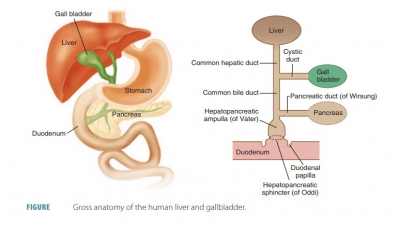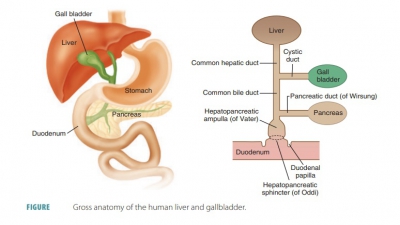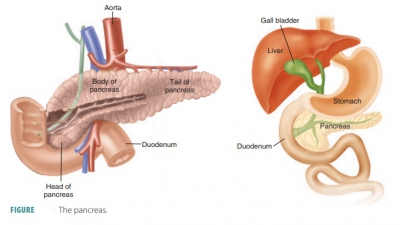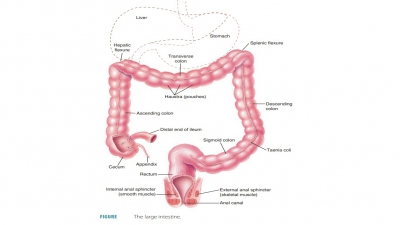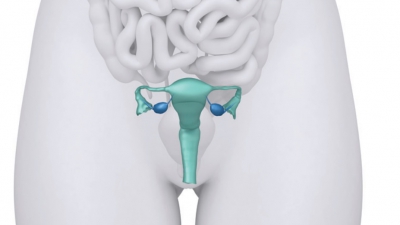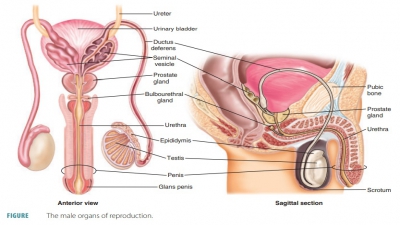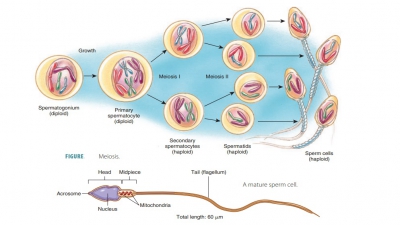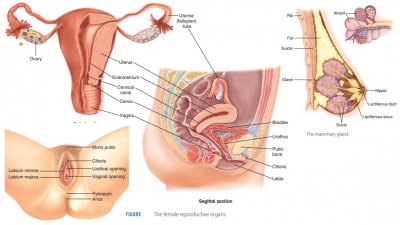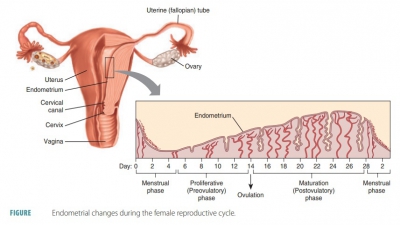Effects of Aging on the Digestive System
| Home | | Anatomy and Physiology | | Anatomy and Physiology Health Education (APHE) |Chapter: Anatomy and Physiology for Health Professionals: Digestive System
Although the digestive system remains almost completely functional throughout life, a few age-related changes are connected to the effects of aging on other body systems.
Effects
of Aging on the Digestive System
Although the digestive system remains almost completely
functional throughout life, a few age-related changes are connected to the
effects of aging on other body systems. The digestive epithelium becomes more
susceptible to damage, with the likelihood of peptic ulcers increasing. Tissue
repair is less efficient, and the stratified epithelium of the mouth,
esophagus, and anus becomes more fragile. Peristaltic contractions become
weaker and general motility decreases. Fecal movement slows as a result, so
constipation becomes more common. Straining to eliminate compacted feces can
produce hemorrhoids. The haustra of the colon can sag and become inflamed.
Muscular sphincters can weaken, leading to esophageal reflux and increased
occurrence of heartburn.
The teeth can be gradually lost due to cavities or
gingivitis. Erosion of tooth sockets because of reduced calcium content in
bones can also lead to tooth loss. Alcohol use can damage the digestive tract
and liver, potentially leading to liver diseases such as cirrhosis. Rates of
colon cancer and stomach cancer rise with age. Elderly smokers are more prone
to oral and pha-ryngeal cancers. Olfactory and gustatory sensitivities decline,
leading to dietary changes that can affect the whole body.
Related Topics
